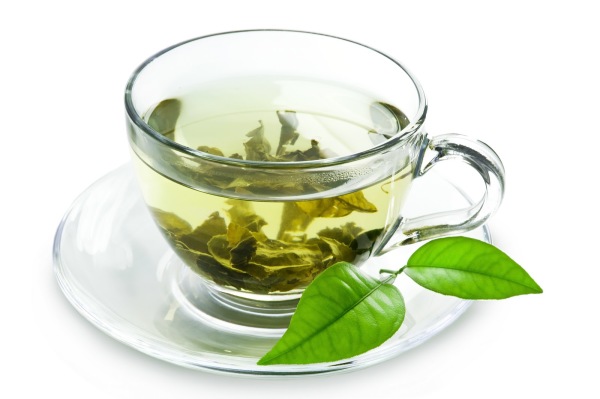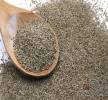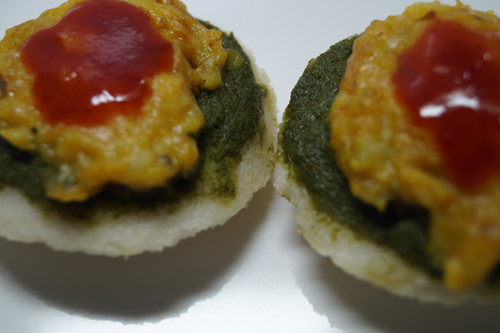Why do we drink green tea?
Not for the love of the taste — no way! I drink it because I’m told Green tea recipes is the healthiest beverage on the planet and it’s good for me…
Tea is considered the most consumed beverage in the world behind water, however 78% of the tea consumed worldwide is black and only about 20% is green.
What is Green tea?
Tea processing is the method in which the leaves from the tea plant Camellia sinensis are transformed into the dried leaves for brewing tea.
The categories of tea are distinguished by the processing they undergo. In its most general form, tea processing involves different manners and degree of oxidation of the leaves, stopping the oxidation, forming the tea and drying it.
Green tea is made from minimal oxidation of leaves and is one of the less processed types of tea.
Green Tea Nutritional Value
Unsweetened brewed green tea is a zero calorie beverage.
The caffeine contained in a cup of tea can vary according to length of infusing time and the amount of tea infused. In general, green tea recipes contains a relatively small amount of caffeine as compared with black tea and coffee.
Green tea is considered one of the world’s healthiest drinks because it is un-oxidized form of tea and contains polyphenols. Polyphenols have amazing health benefits (antioxidant, anti-aging, anti-carcinogenic, anti-inflammatory, and cardiovascular protection). Catechins and Flavonols are common polyphenol, which have significant healing potential on body.
Green tea also contains some other ingredients like Glycosidase, vitamins (B, C, E), Fluoride Selenium and Magnesia.
Amazing Health benefits
Here are some of the amazing benefits of green tea that you may not have been aware of. Some of these benefits are still being debated, but definitely few of them have scientifically proved.
- Green Tea contains various bioactive compounds that can improve health. It is loaded with polyphenols like flavonoids and catechins, which function as powerful antioxidants .
- Green tea does more than just keep you awake. The key active ingredient is caffeine, which is a known stimulant. It improves your brain function.
- Green tea increases metabolic rate and fat burning and improves physical performance. Although all studies does not agree this fact.
- Green tea has powerful antioxidants that may protect against cancer. Especially studies have also shown the positive impacts of green tea on breast, bladder, ovarian, oesophageal, prostate, skin and stomach cancer.
- The bioactive compounds in green tea can have various protective effects on neurons and may reduce the risk of both Alzheimer’s and Parkinson’s, the two most common neurodegenerative disorders.
- The catechins in green tea may inhibit the growth of bacteria and some viruses. This can lower the risk of infections and lead to improvements in dental health, a lower risk of caries and reduced bad breath.
- Green tea has been shown to lower total and LDL cholesterol, as well as protect the LDL particles from oxidation. Thus it may reduce the rate of cardiovascular disease.
- Green Tea can help you lose weight and lower your risk of becoming obese. Several studies show that green tea leads to decreases in body fat, especially in the abdominal area.
Other studies have found that green tea is helpful in preventing dental cavities, stress, chronic fatigue, and treating skin conditions.
Disadvantages of Green Tea
Green tea, when consumed in average volume has no threats. But, it’s fair to warn you what the complications could be. Just like with most things, too much of a good thing can be bad, and the same is true for green tea recipes.
- A person who is sensitive to caffeine may develop restlessness, irritation, sleeping problems, tremors, heart palpitations and loss of appetite.
- Sometimes stomach related problems may develop with people consuming green tea.
- Young children are advised not to drink tea because their body may not be comfortable with it.
- Pregnant ladies are also advised to use it less.



























Comments are closed.